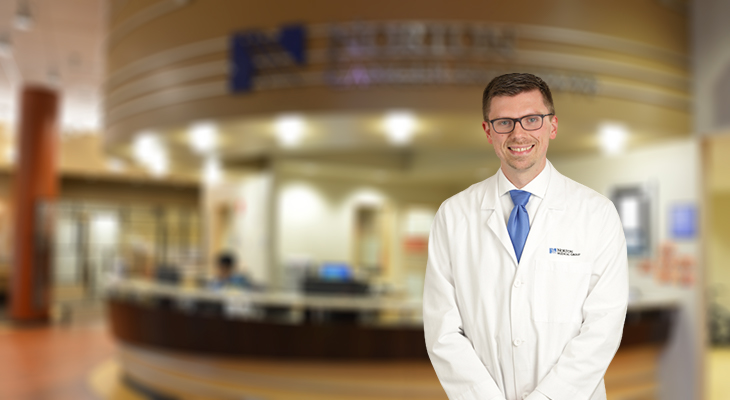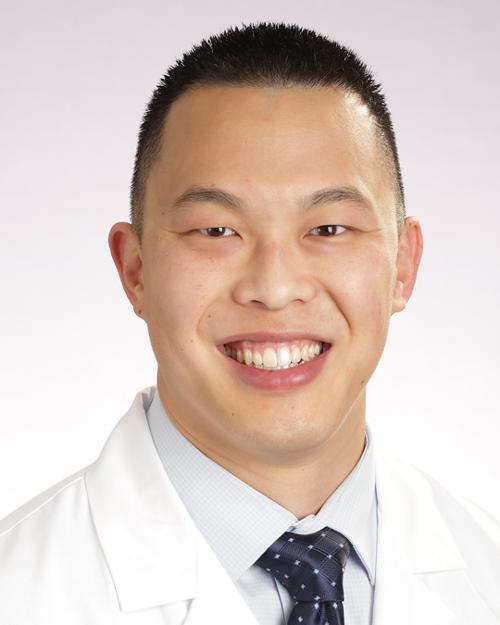When it comes to stroke recovery and prevention of a recurrence, the real work happens outside of the hospital in the primary care setting in the months and years that follow.

As a stroke neurologist, I provide acute care in the hospital. When it comes to stroke recovery and prevention of a recurrence, the real work happens outside of the hospital in the primary care setting in the months and years that follow.
After stroke patients have been discharged, the primary care provider is there to help them reduce risk factors that could lead to having another stroke, make sure they are getting the assistance they need and help them live the best life possible.
Here are three things you should know when caring for your patient after stroke.
Blood pressure control is paramount
A number of factors contribute to stroke risk. These include cardiovascular numbers such as cholesterol and blood pressure, and blood sugar levels for patients with diabetes. Of all the stroke risk factors, blood pressure control is the No. 1 modifiable risk factor for stroke. Goal blood pressure should be no more than 130/80.
Lowering systolic blood pressure by 10 points lowers stroke risk by one-third. Maintaining a low-salt diet containing no more than 1,500 milligrams of sodium per day can help significantly. Regular exercise also can lower blood pressure. If lifestyle changes are not enough, blood pressure medications can help.
With older patients, there is some hesitation prescribing blood pressure medications because lower blood pressure might cause dizziness or contribute to falls. Given the importance of lowering blood pressure to reduce stroke risk, I recommend trying to strike a balance in these older patients.
Refer a patient
Use Norton EpicLink to quickly and easily refer a patient to Norton Neuroscience Institute.
Patients’ needs evolve
Stroke patients’ needs change and evolve. Most will have some sort of disability after their stroke. Some patients will improve significantly, while others will have issues that persist for the rest of their lives. Each visit with their primary care provider provides an opportunity to revisit basic questions, such as whether the patient is in the right environment.
Should they be at home, in assisted living or in a nursing home? Even fundamental questions like these might bring a different answer over time. Likewise, the social dynamics of each patient’s disability after stroke might change.
During patient visits, it’s good to see if their basic needs are being met. Over time, some patients will develop muscle spasticity in an unused limb. Lack of movement can cause tightness and reduced functionality. It also can result in painful muscle spasms. Oral muscle relaxers can alleviate pain and increase use of the limb. Botox injections also can help.
Depression is common
A stroke is a significant disruption in a patient’s life. It can take someone who is independent and make them disabled, potentially rendering them unable to work or even get by day-to-day without help. This is an enormous shock.
Stroke also causes structural changes in the brain that may provide a biological basis for depression and other mood changes. It should come as no surprise then that about one-third of stroke patients experience clinical depression.
Knowing this, primary care providers should administer the Patient Health Questionnaire 9, a simple survey shown to perform well as a screening tool for post-stroke depression. In addition, stroke can cause mood dysregulation and mood lability.
Primary care providers should ask questions about mood in general. Mood lability as the result of stroke might cause a previously even-tempered patient to become quick to anger. Therapy and antidepressants have been shown to be helpful.
Danny R. Rose Jr., M.D., is a stroke neurologist with Norton Neuroscience Institute.

